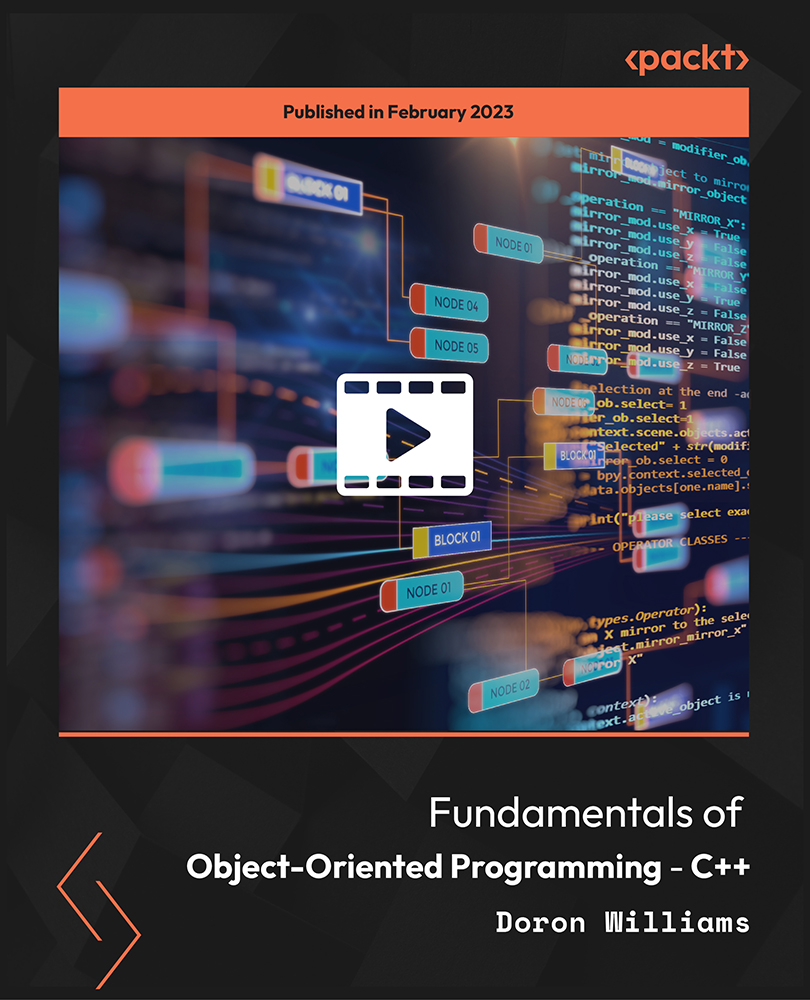On 11th November, the Google Brain Team released Magenta studio in beta, a suite of free music-making tools using their machine learning models. It is a collection of music plugins built on Magenta’s open source tools and models. These tools are available both as standalone Electron applications as well as plugins for Ableton Live.
What is Project Magenta?
Magenta is a research project which was started by some researchers and engineers from the Google Brain team with significant contributions from many other stakeholders. The project explores the role of machine learning in the process of creating art and music. It primarily involves developing new deep learning and reinforcement learning algorithms to generate songs, images, drawings, and other materials. It also explores the possibility of building smart tools and interfaces to allow artists and musicians to extend their processes using these models.
Magenta is powered by TensorFlow and is distributed as an open source Python library. This library allows users to manipulate music and image data which can then be used to train machine learning models. They can generate new content from these models. The project aims to demonstrate that machine learning can be utilized to enable and enhance the creative potential of all people.
If the Magenta studio is used via Ableton, the Ableton Live plugin reads and writes clips from Ableton's Session View. If a user chooses to run the studio as a standalone application, the standalone application reads and writes files from a users file system without requiring Ableton.
Some of the demos include:
#1 Piano Scribe
Many of the generative models in Magenta.js requires the input to be a symbolic representation like Musical Instrument Digital Interface (MIDI). But now, Magenta Converts raw audio to MIDI using Onsets and Frames which a neural network trained for polyphonic piano transcription. This means that only audio is enough to obtain an output of MIDI in the browser.
Unlock access to the largest independent learning library in Tech for FREE!
Get unlimited access to 7500+ expert-authored eBooks and video courses covering every tech area you can think of.
Renews at €18.99/month. Cancel anytime
#2 Beat Blender
The Beat Bender is built by Google Creative Lab using MusicVAE. Users can now generate two dimensional palettes of drum beats and draw paths through the latent space to create evolving beats.
#3 Tenori-of
Users can utilize the Magenta.js to generate drum patterns when they hit the “Improvise” button. This is more like a take on an electronic sequencer.
#4 NSynth Super
This is machine learning algorithm using deep neural network to learn the characteristics of sounds, and then create a completely new sound based on these characteristics. NSynth synthesizes an entirely new sound using the acoustic qualities of the original sounds. For instance, users can get a sound that’s part flute and part sitar all at once.
You can head over to the Magenta Blog for more exciting demos. Alternatively, head over to magenta.tensorflow.org to read more about this announcement.
Worldwide Outage: YouTube, Facebook, and Google Cloud go down affecting thousands of users
Intel Optane DC Persistent Memory available first on Google Cloud
Google Cloud Storage Security gets an upgrade with Bucket Lock, Cloud KMS keys and more
 United States
United States
 Great Britain
Great Britain
 India
India
 Germany
Germany
 France
France
 Canada
Canada
 Russia
Russia
 Spain
Spain
 Brazil
Brazil
 Australia
Australia
 Singapore
Singapore
 Canary Islands
Canary Islands
 Hungary
Hungary
 Ukraine
Ukraine
 Luxembourg
Luxembourg
 Estonia
Estonia
 Lithuania
Lithuania
 South Korea
South Korea
 Turkey
Turkey
 Switzerland
Switzerland
 Colombia
Colombia
 Taiwan
Taiwan
 Chile
Chile
 Norway
Norway
 Ecuador
Ecuador
 Indonesia
Indonesia
 New Zealand
New Zealand
 Cyprus
Cyprus
 Denmark
Denmark
 Finland
Finland
 Poland
Poland
 Malta
Malta
 Czechia
Czechia
 Austria
Austria
 Sweden
Sweden
 Italy
Italy
 Egypt
Egypt
 Belgium
Belgium
 Portugal
Portugal
 Slovenia
Slovenia
 Ireland
Ireland
 Romania
Romania
 Greece
Greece
 Argentina
Argentina
 Netherlands
Netherlands
 Bulgaria
Bulgaria
 Latvia
Latvia
 South Africa
South Africa
 Malaysia
Malaysia
 Japan
Japan
 Slovakia
Slovakia
 Philippines
Philippines
 Mexico
Mexico
 Thailand
Thailand














